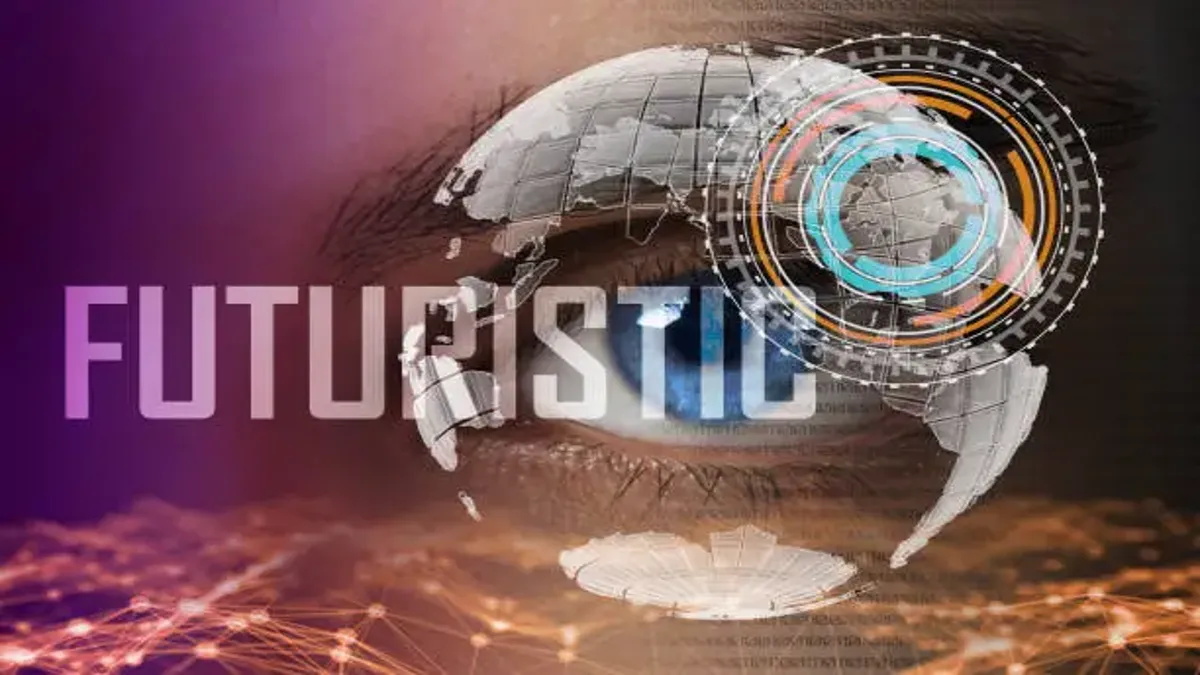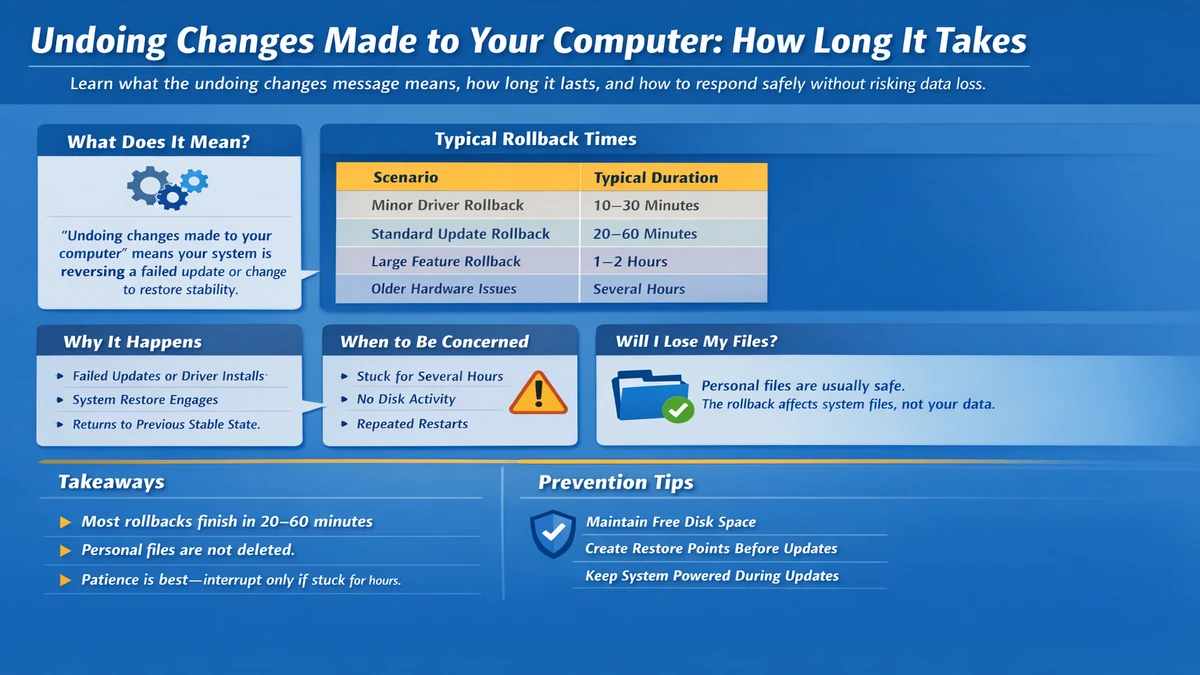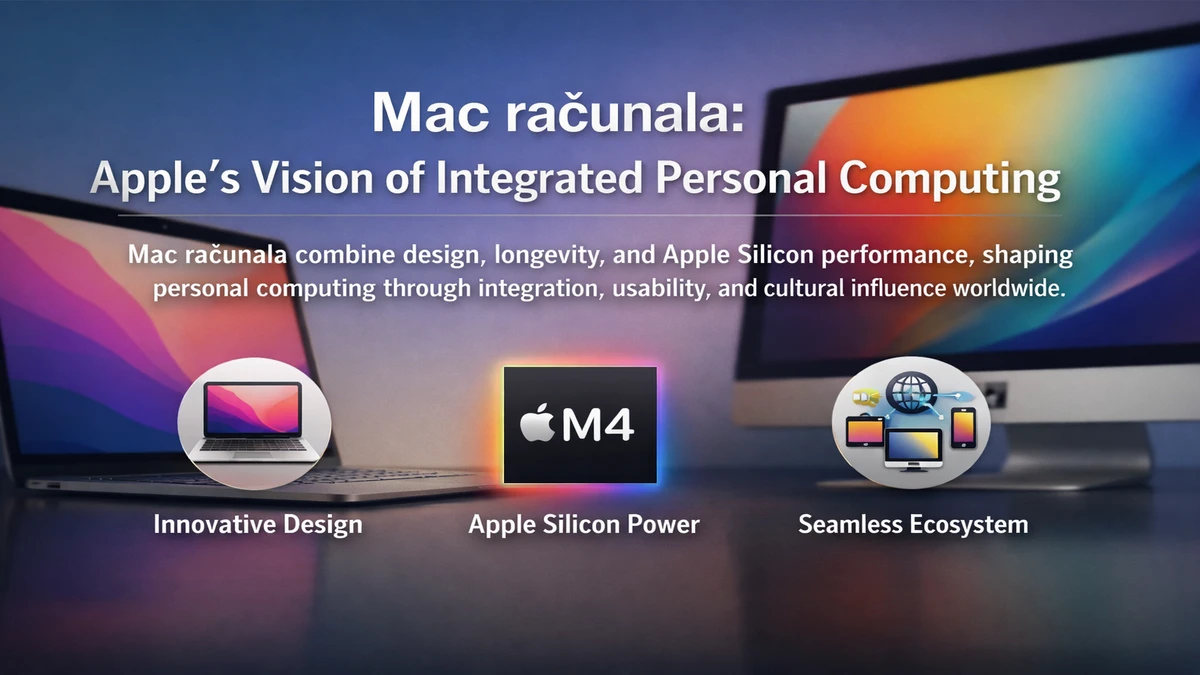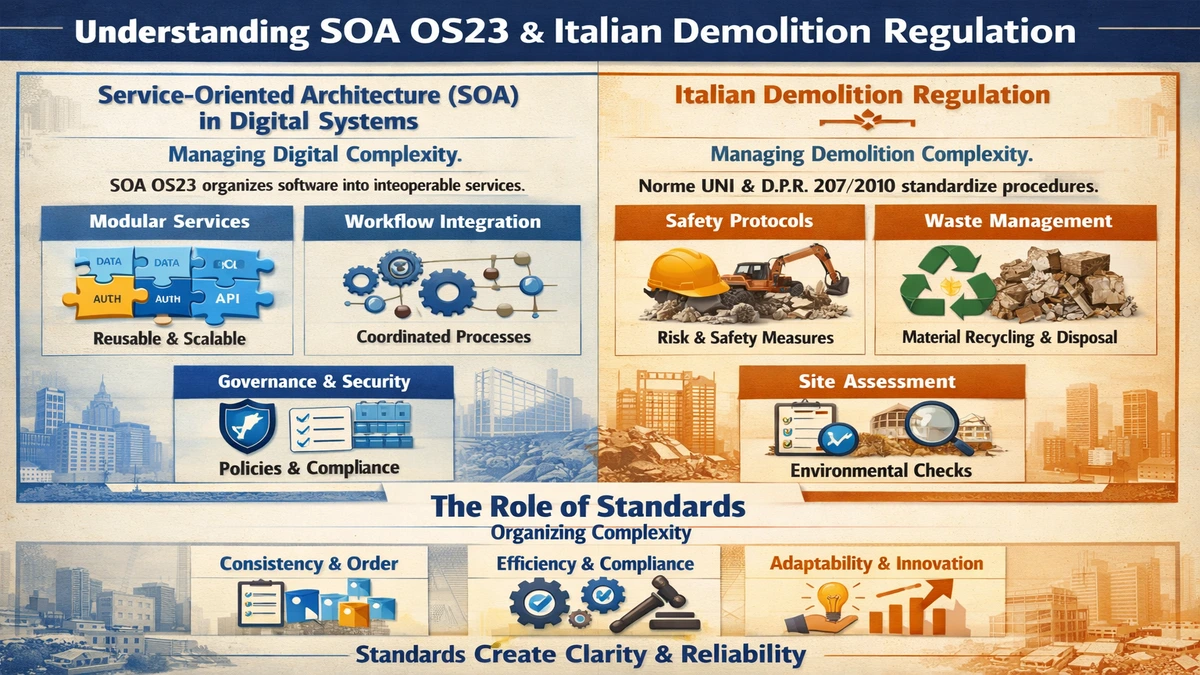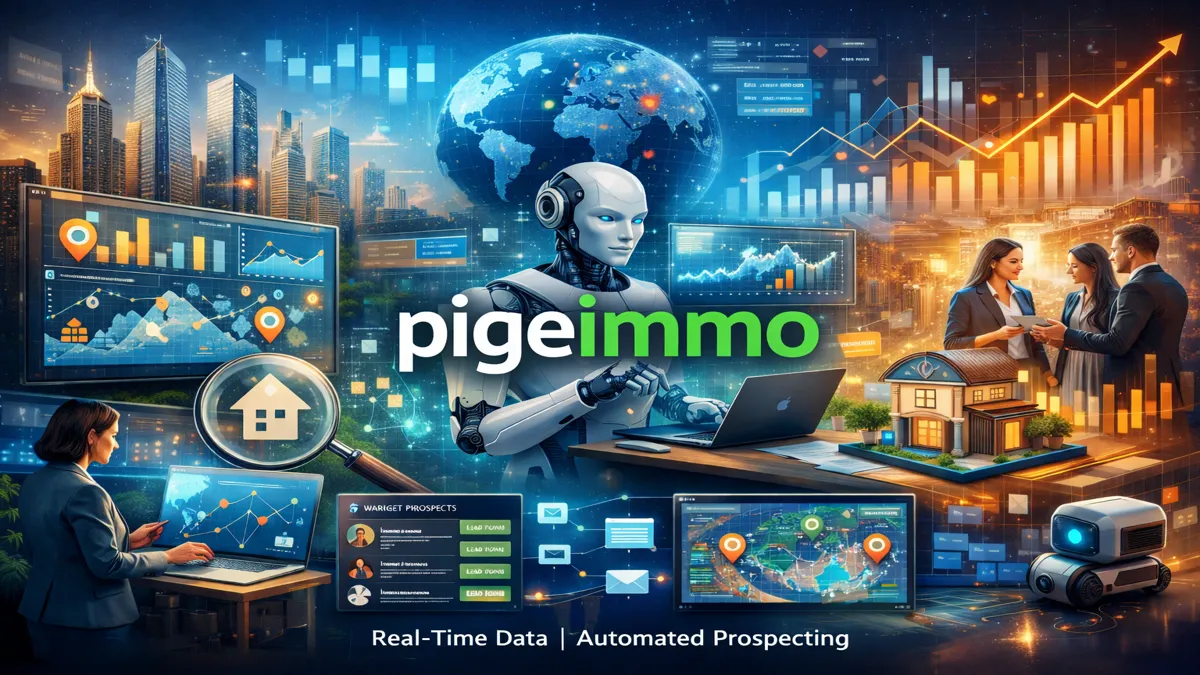In an age shaped by rapid technological acceleration and constant cultural reinvention, few contemporary innovators represent the fusion of intellect, empathy, and global responsibility as clearly as Nithusan. More than a technologist and entrepreneur, he has emerged as a symbol of a new digital ethos — one that values inclusion, sustainability, and community-driven impact over the traditional metrics of disruption or scale. His journey reflects the internal transformation taking place across the global tech landscape: a shift from building systems for efficiency to building systems for humanity. In a world shaped by algorithms, automation, and digital interdependence, his story offers a vision of leadership that recognizes technology not simply as a commercial tool, but as a cultural, ethical, and social force. For those trying to understand what it means to innovate responsibly in the post-industrial era, his narrative stands as both an example and a guide.
Early Life and Formative Influences
Every meaningful innovation begins long before an invention — it begins in the imagination. For Nithusan, that imagination was nurtured in an environment where cultural values and intellectual exploration were given equal importance. Growing up in a household that honored tradition while embracing modernity, he developed an intuitive respect for balance: between heritage and progress, between analytical thinking and emotional awareness.
From a young age, he demonstrated a fascination with how things worked. He spent evenings dismantling radios, experimenting with open-source software, and exploring online communities where knowledge was shared freely and collaboratively. These formative experiences shaped two of his defining qualities: a systems-oriented mindset and a deep, human-centered curiosity. Long before he had the vocabulary of “AI ethics” or “digital inclusion,” he understood that technology had consequences — and that those consequences required thoughtfulness. By the time he reached adolescence, his peers already recognized his ability to see both the technical and social dimensions of emerging technologies, a duality that would become foundational in his future work.
Academic Pursuits and the Search for Purpose
When it came time for formal education, Nithusan resisted the idea of choosing a narrow specialization. Instead, he deliberately pursued a multidisciplinary path that connected computer science, data systems, and strategic management. His studies allowed him to understand technology not just as code, but as a catalyst for behavioral, economic, and cultural change.
His academic work focused on machine learning, digital transformation, and the evolving relationship between human decision-making and intelligent systems. Professors described him as a “translational thinker” — someone capable of turning highly technical research into practical frameworks that could be understood by business leaders, policy makers, and community organizers alike.
Yet the most defining aspect of his academic journey was his insistence on purpose. While many of his peers chased accolades or prestige, he sought alignment between intelligence and integrity. His guiding principle — “Innovation without intention is noise” — became the philosophical backbone of his work, reminding him that knowledge without empathy creates technologies that advance systems but fracture societies.
Early Career and Entrepreneurial Foundations
Rather than pursue a conventional corporate path, Nithusan entered the professional world with the mindset of a community-oriented innovator. His early roles in software architecture and AI design focused on systems that connected people rather than isolated them — platforms that helped small businesses modernize, organizations streamline communication, and communities adopt digital tools with minimal friction.
His first startup, an AI-driven consultancy, was built around an unconventional mission: to help small and medium enterprises transition into the digital age ethically and sustainably. While many founders of the era prioritized hyper-growth, he prioritized stability, learning, and inclusion. His leadership style combined technical discipline with emotional intelligence. Mentors recall his habit of listening deeply, asking thoughtful questions, and designing solutions that considered long-term consequences rather than immediate wins.
What distinguished his company was not its tools, but its philosophy: every project had to increase access, empower individuals, and reduce digital inequality. This approach — unusual at the time — laid the foundation for the human-centered frameworks he would later advocate.
The Emergence of a Digital Visionary
The defining moment in Nithusan’s trajectory came when he formally articulated the concept of the “human-centered algorithm.” At a time when many celebrated the accelerating capabilities of automation, he recognized the growing gap between the creators of technology and those most affected by it. He saw algorithms not as neutral systems but as reflections of their architects — shaped by human assumptions, biases, and limitations.
This realization inspired years of research, writing, and practical experimentation. Through essays, keynote talks, and project prototypes, he began advocating for a model of technology grounded in fairness, transparency, and educational value. His central argument was simple yet profound: the purpose of technology is not to replace human potential, but to amplify it.
He emphasized that responsible innovation requires an understanding of social context, cultural nuance, and long-term consequences. This perspective distinguished him from purely technical thinkers and positioned him as a thought leader in the global movement toward ethical AI.
Milestones and Achievements
Key Career Milestones
| Year | Achievement | Impact Area |
|---|---|---|
| 2014 | Founded first AI consultancy | Enabled small enterprises to adopt accessible data tools |
| 2016 | Published human-centered algorithm concept | Influenced early ethical AI discussions |
| 2018 | Partnered with youth tech education programs | Supported digital literacy in underrepresented communities |
| 2021 | Designed sustainability-driven AI frameworks | Advanced responsible innovation across multiple regions |
| 2024 | Recognized as emerging ethical tech voice | Strengthened global cross-sector collaboration |
Each milestone reflects not just professional progress, but the steady expansion of his vision: to embed empathy, responsibility, and sustainability into the core of digital systems.
Technology as a Tool for Humanity
For Nithusan, technology is not the goal — humanity is. His work is guided by the belief that innovation must be accessible to all, not just to those with privilege, resources, or technical skill. He advocates for technological ecosystems that distribute benefits rather than concentrate power.
He has long emphasized the danger of unregulated or purely profit-driven innovation. In his view, systems designed without ethical frameworks risk amplifying inequality, displacing workers, and eroding trust. His initiatives — from community-based data labs to partnerships with social entrepreneurs — all reflect his conviction that technology should expand opportunity, not restrict it. As he often states, “We have built systems smarter than ever. Now we must make them wiser.”
Leadership and Global Influence
Nithusan’s influence extends far beyond specific projects. His leadership style blends intellectual rigor with compassion, making him a respected figure in diverse cultural and professional settings. Teams that have worked under his guidance describe him as someone who fosters trust, encourages experimentation, and prioritizes ethical reflection as much as technical accuracy.
He has collaborated with innovators across Europe, Asia, and North America, helping organizations develop responsible digital strategies that respect cultural context and local needs. Through mentorship programs, workshops, and advisory roles, he has helped cultivate a new generation of entrepreneurs who share his belief that technology must be anchored in human values.
Key Initiatives and Projects
Major Programs and Their Impact
| Project Name | Focus Area | Outcome |
|---|---|---|
| Human-Centered Algorithm Lab | Ethical AI Design & Governance | Developed fairness-oriented data models for enterprise systems |
| GreenTech Incubation Hub | Sustainability & Entrepreneurship | Supported more than two dozen climate-focused startups |
| Digital Literacy for All | Community Education | Trained thousands in emerging technologies and digital skills |
| Cross-Cultural Tech Exchange | International Collaboration | Built multi-country partnerships for inclusive digital development |
These initiatives show his consistent commitment to intersectional innovation — blending technology with education, sustainability, and cultural understanding.
Philosophical Foundations
At the heart of his worldview lies the idea of balance. He does not view innovation and caution as opposites, but as partners. He often speaks of “digital duality,” the coexistence of progress and responsibility. His intellectual foundation draws inspiration from Eastern philosophies that emphasize harmony and Western theories focused on systems thinking.
This synthesis allows him to view technological ecosystems holistically — as networks shaped by social dynamics, cultural identities, economic pressures, and human aspirations. He rejects the binary narrative that progress must come at the cost of stability or community wellbeing. Instead, he imagines a world where innovation respects tradition, and where ambition coexists with accountability.
Recognition and Thought Leadership
Over the years, Nithusan’s insights have earned him a place in conversations about the future of work, the responsibilities of AI, and the social implications of automation. He has delivered talks, participated in panel discussions, and shared ideas in forums focused on ethical innovation and inclusive digital economies.
Colleagues describe him as a thinker who avoids hype and focuses instead on long-term transformation — someone who believes that technology must evolve in harmony with humanity’s deepest values. His ability to articulate complex ideas in accessible language has made him a sought-after voice among both technical and non-technical audiences.
Core Quotes Reflecting His Vision
- “Innovation without intention is noise.”
- “Technology should expand human potential, not replace it.”
- “Our challenge is not to build smarter machines, but wiser systems.”
- “Sustainability is not a trend — it is the minimum standard for the future.”
These statements distill the full breadth of his philosophy: innovation must be intelligent, intentional, and ethical.
Lessons from His Approach
- Ethics and innovation must evolve together.
- Empathy is a form of intelligence, essential for leadership.
- Diversity is a source of creative strength, not a checkbox.
- Long-term thinking creates impact that outlasts trends.
- Technology must always serve the broader public good.
These principles provide a blueprint for innovators seeking to build technology that benefits humanity.
A Broader Impact: Shaping Responsible Digital Futures
Nithusan’s work reflects a broader movement toward conscious, human-centered technology. As societies grapple with the consequences of automation — from bias and inequality to sustainability and global governance — his frameworks offer clarity and direction. He encourages companies and institutions to design systems that integrate ethical safeguards from the outset rather than as afterthoughts. His collaborations with educators and nonprofits are helping embed sustainability and human-centered thinking into future generations of technologists.
His influence demonstrates that digital transformation is not merely a technical shift. It is a cultural, social, and philosophical one — requiring leaders who understand the full spectrum of human needs.
Cultural Bridge-Building in a Globalized World
Beyond his professional achievements, one of his most profound contributions is his ability to bridge cultures. Whether guiding startups in Europe or supporting educational initiatives in South Asia, he adapts his approach to the unique identity of each community. He believes that innovation must reflect local values and contexts. He often says, “We cannot design a universal future by ignoring our unique pasts.”
Through this cultural understanding, he has become a connector — someone capable of linking global ideas to local realities.
The Decade Ahead: A Vision for the Future
Looking forward, Nithusan envisions a decade defined by responsible intelligence, community-based innovation, and regenerative economic growth. His future plans include expanding human-centered AI frameworks, strengthening green-tech ecosystems, and supporting next-generation educational models that prepare students for an ethical digital economy.
He maintains that the greatest frontier in technology is not quantum computing or virtual reality — it is the redefinition of how humanity and machines grow together. The future, in his view, will be shaped by leaders who value integrity as much as intelligence.
Conclusion
Nithusan’s story represents a new paradigm of technological leadership — one that insists that progress must be matched by purpose. His career demonstrates that innovation, when guided by empathy, can produce systems that uplift communities, strengthen cultural bonds, and make digital ecosystems more humane. In an era of unprecedented change, he stands not only as a technologist but as a translator between worlds: between code and culture, between ambition and ethics, between the future we build and the values we choose. His journey reminds us that technology’s true power lies not in its complexity, but in its capacity to serve humanity with dignity, wisdom, and compassion.
FAQs
Q1: What is the central philosophy behind Nithusan’s approach to technology?
A1: His philosophy centers on human-centered innovation — the belief that technology should expand human potential, strengthen community systems, and promote long-term social wellbeing rather than prioritizing speed or profit alone.
Q2: How does Nithusan integrate ethics into artificial intelligence and digital systems?
A2: He advocates for responsible design frameworks that embed fairness, transparency, sustainability, and cultural context into algorithmic development, ensuring that AI systems benefit diverse communities equitably.
Q3: What makes his leadership style unique in today’s digital economy?
A3: His leadership blends technical depth with emotional intelligence, mentorship, and cross-cultural sensitivity, creating environments where collaboration, ethical reflection, and inclusive innovation thrive.
Q4: What types of projects has he focused on throughout his career?
A4: His work spans ethical AI labs, sustainability-oriented innovation hubs, global tech-education initiatives, and community-driven digital transformation programs designed to promote accessibility and social mobility.
Q5: What long-term vision does he have for the future of technology?
A5: His vision emphasizes responsible intelligence — building systems that are not only advanced but also wise, sustainable, and aligned with human values, ensuring a balanced relationship between technology and society.
References
- European Commission. (2021). Ethics guidelines for trustworthy AI. https://digital-strategy.ec.europa.eu/en/library/ethics-guidelines-trustworthy-ai
- UNESCO. (2021). Recommendation on the ethics of artificial intelligence. https://unesco.org/en/artificial-intelligence/recommendation-ethics
- World Economic Forum. (2023). Shaping the future of technology governance: Responsible AI and digital transformation. https://www.weforum.org/platforms/shaping-the-future-of-technology-governance
- OECD. (2019). OECD principles on artificial intelligence. https://oecd.ai/en/ai-principles
- United Nations. (2020). Digital inclusion and sustainable development goals. https://www.un.org/en/desa/digital-inclusion-sdg

